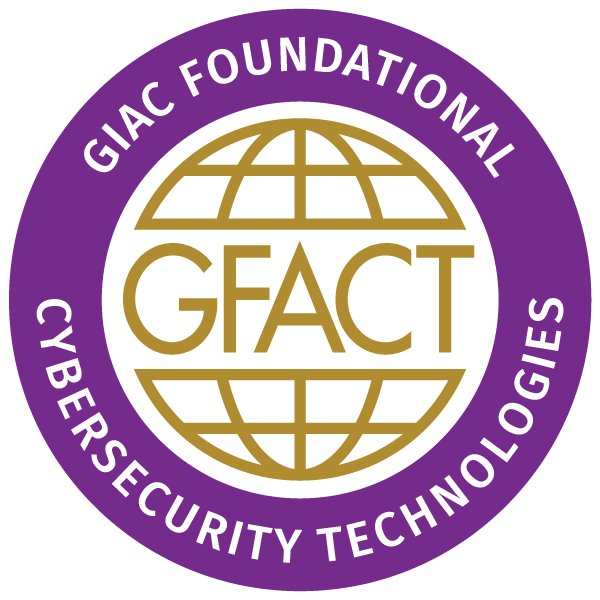
Breaking in to the Cybersecurity industry can be difficult, but certainly not impossible. A background in computer science isn’t required although some experience with network administration will be very helpful.
A number of traditional higher education institutions offer various certificate and degree programs at varying rates. Trusted leaders in the industry such as the SANS Institute offer in-depth education at a premium.
Regardless of any formal path a new practitioner may choose there will be countless hours of extracurricular study, research and analysis. This is a lifelong pursuit of improvement. Below are some resources – some paid, others open-source or free – that will keep you busy and your brain full.

You can read up on my recent journey through obtaining a Bachelor of Applied Computer Science degree from SANS University here and here. Below are a couple of collections of useful links.


